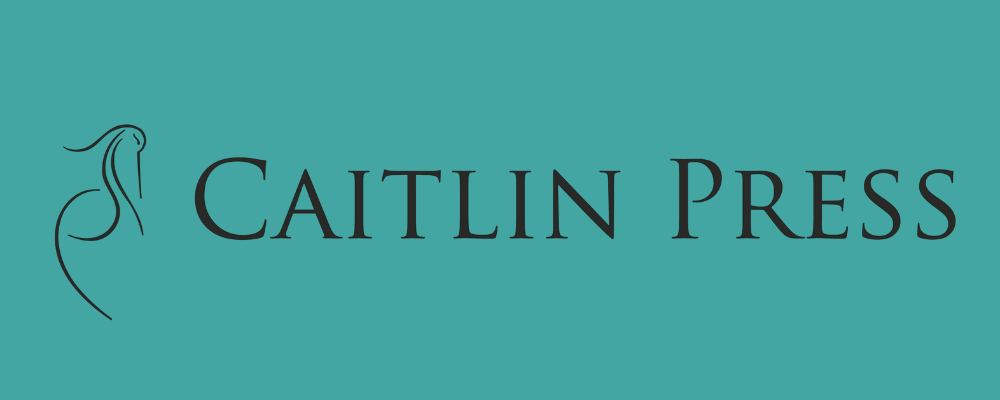In the mid-2000's the Canadian book-industry determined that there was a need to identify Canadian contributors in the bibliographic data being shared throughout the book supply chain. This need made its way to BookNet Canada (BNC) and was added to the agenda of the Canadian Bibliographic Committee. After a lengthy discussion — still ongoing — on what constituted a “Canadian Contributor” a definition was agreed upon. The basis of which is:
A Canadian Contributor is an author, illustrator, translator, or editor (in the case of an edited collection of material) who is a Canadian citizen or a permanent resident of Canada.
Easy enough, eh? Well, there are always going to be some difficulties in applying what is a fairly simple definition to the real world. So, BNC with the support from the Bibliographic Committee developed documentation to help. Part of it is the Identifying Canadian authorship document which, amongst other important information, also includes useful examples. It’s necessary to note that while we mention some specific contributors in the definition above, we’re actually interested in identifying Canadian contributors of all types. Or at least all the types available in ONIX code list 17.
Why was there a need to identify Canadian contributors?
Well, it's simply because Canadian contributors create excellent content and the industry wanted to make sure that book buyers, borrowers, and readers could identify and discover their work. As we say on the Identifying Canadian Authorship page; “for publishers, Canadian authorship identifiers present a valuable marketing tool. They offer another useful way to help librarians, booksellers, and dedicated bestseller lists to bring those books and their prospective audience together."
In addition to the Canadian contributor marker being used as a marketing tool, there was another need identified by the Canadian book industry: research. How were books from Canadian contributors selling, or circulating in libraries, in relation to books from non-Canadian contributors? A very difficult question to answer if you can't identify the Canadian books.
Let's take a look at these two use cases in a little more detail. I'm going to start with how BNC uses this data and then move on to how some other Canadian book supply chain participants use the data. This isn't meant to be an exhaustive list but should give a pretty good idea of the usefulness of this particular bibliographic data point. Let’s begin with BookNet's products and services.
BiblioShare
This is an easy one. We quality control, aggregate, and distribute the bibliographic data about the Canadian contributors' and others' books. (The key here is the “distribute” piece, more on that below.) As part of the BiblioShare service we offer the free Bibli-O-Matic Chrome extension. Amongst other things this extension will show Canadian contributors as they’re supplied by publishers and other data providers.
CataList & LoanStars
Across all sections of the CataList platform, Canadian contributors are easily identified with a red maple leaf; this includes catalogues, search results, and exports. In addition to the contributor indicator, searching can be refined by the contributors' location and Canadian contributor data can be exported from CataList catalogues via PDF, Excel, and MARC.
SalesData & LibraryData
Much like CataList, both SalesData & LibraryData contain an indicator in search results for titles by Canadian contributors, and Canadian contributors are a searchable criteria when creating reports. SalesData also provides bestseller lists to media outlets including bestseller lists of “Canadian books” where Canadian is defined by the Canadian contributor being indicated in the bibliographic data by the publisher for the books in question.
BNC Research
Part of BNC’s role is to report on the Canadian book industry, this includes measuring the interest in, and sales of, Canadian content. We produce studies, reports, and blog posts on Canadian content from our Canadian Book Consumer surveys and from data gathered from our other services using the Canadian contributor data from BiblioShare.
In addition to using the valuable data in our own products and services, BNC makes the data available to a variety of different partners to help foster the awareness of Canadian contributors and their books. Most of the data we distribute comes from BiblioShare. The Canadian contributor data is distributed via file download — reach out to us to find out more about this service — or via our free web services. We also have a couple of additional tools that make use of the data directly:
We also supply this data to numerous external partners as well. For example:
Recap
The book industry came together, identified a need, agreed on a definition, and finally came up with a way to mark individual books as being created, or contributed to, by a Canadian contributor. BNC has excellent documentation readily available on how to mark books as being created by a Canadian. Surprise, it involves ONIX.
As a standards-based organization we'd be remiss if we didn't take this opportunity to bring the International Standard Name Identifier (ISNI) into the discussion. As its name indicates, the ISNI is a standard — a number like an ISBN — that helps identify “contributors to creative work.” One of the data pieces that can be included in the information stored and distributed about the contributor is their nationality. Seems like a perfect solution to the national identity problem doesn't it? Unfortunately we’re not at a completely ISNI-aware book industry, yet. Some of the reasons are that while many book creators have been assigned an ISNI
not all creators have them;
the underlying data needs to be “enriched”; and
publishers, and others, need to include the ISNI in the bibliographic data.
I won't go any further into the ISNI here, but you can dive in at your own pace into the resources and information we have available on this identifier on our website:
Our blog post on Imprint and Publisher Name opportunities or the ISNI episode of the BookNet Canada podcast
Sign up for our upcoming webinar, An Introduction to ISNI, led by Tim Devenport, the Executive Director of the International ISNI agency, and Chris Saynor from EDItEUR. Don’t worry if you can’t join us live, the recording of this session will be released on our YouTube channel
And here's an example ISNI for Canadian Farley Mowat
There are many other Canadian retailers, wholesalers, libraries, and solution providers taking advantage of this very important data point in their offerings. Are you interested in using this data? Get in touch with us and we would be happy to discuss.
Are you a publisher that has books with Canadian contributors? Not providing this important data point as part of your bibliographic data? Well, you should be!



















Find out what titles made it to the May 2025 Loan Stars Junior Canadian list.